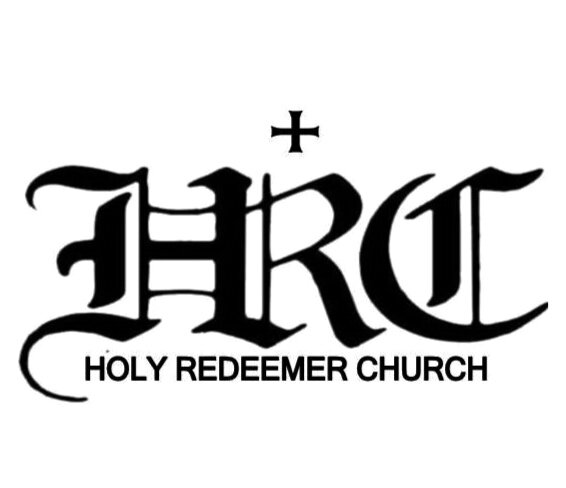“Go your faith has saved you”!
october 27, 2024 | 30th Sunday in Ordinary Time, Year B
Jer. 31:7-9; Ps. 126; Heb. 5:1-6; Mark 10, 46b-52
Faith is a very important component for our personal and transforming relationship with Jesus Christ, the Son of God, who died and rose again for our salvation. Jesus tells Bartimaeus that: “go your faith has saved you”. The New testament portrays through various miracle stories that Faith and salvation go together. Faith is the door to salvation.
Faith as the key to receive God’s promises
The first reading from Jeremiah (605 B. E. C), is a cry of Faith of the people of Israel even in their great moment of trouble.
“Shout with joy for Jacob, exult at the head of the nations; proclaim your praise and say: The LORD has delivered his people, the remnant of Israel.”
The people are in captivity in Babylon (587 B.E.C) however they are invited to trust in the God as their Father who will bring them back home.
“Behold, I will bring them back from the land of the north; I will gather them from the ends of the world”.
Faith is our strength in times of weakness, sickness, trials and persecutions. As believers, we should always trust in God’s salvation even in the weakest and darkest moments of our lives. It is in times of sickness, bereavement, depression, persecutions and difficulties that we should trust all the more in God.
Jesus is going up to Jerusalem
Jesus is on his last journey of his life toward Jerusalem to be our passover, that is to die and to rise from the dead and enable us to die to sin and to rise to eternal life. Through the healing of Bartimaeus, he manifests God’s love and mercy to all humanity. He shows how God listens to our cries and heals our brokenness. Bishop Robert Barron reminds us that Bartimaeus represents each of us living in sin, which makes us spiritually blind. We too, like Bartimaeus must call out to Jesus in faith. “Bartimaeus represents all of us, called out of the “city of sin” into a life with Christ. We are to respond to Jesus’ call and follow Him on the way as Bartimeaus did. On this journey Faith is necessary.
The saving power of Faith
Not only that, Bartimaeus has shown his faith in Jesus, “The Son of David” by overcoming the obstacle of the crowd, he had even let go of his cloak. As soon as he heard the invitation of Jesus:
“Take courage he is calling you”,
Bartimaeus threw aside his cloak and ran to Jesus. We all know that a blind man does not just throw aside his cloak because it is important for them; It protects them from cold. Moreover if a blind person throws away something, it is not easy for them to find it again because they do not see. So Bartimaeus throwing away his cloak is a strong indication of his faith that Jesus will give him his sight. Faith is a gift of God. When we come to Jesus in Faith, “Jesus, Son of David, have mercy on me”, he gives us direction; he gives meaning to our existence.
Throw aside your cloak as a sign of your faith in Jesus and keep persevering in prayer.
Living the Gospel this week: Note on Elections and voting!
“What do you want me to do for you?”, Jesus asked. “That I may see”, replied Bartimaeus.
Jesus knows that like Bartimaeus, we can suffer from spiritual blindness. This time of election is an opportune time to call out to Jesus and let Him guide us. By doing so, we can see clearly and follow His path.
As these elections approach Let pray that no matter the difference of our opinions, we may remain united as Parish and as family. (Our love in Christ is stronger than our political enmity. No one is supposed to judge others because of their choice).
Let us pray that as Christians, we may vote with our well formed conscience and fulfill our responsibility of bringing the goodness, the truth, the mercy and love of God.
As Christians, we also have the responsibility to bring God’s kingdom and to promote our Common Good through voting. Father, “Thy kingdom come” (Mt. 6:10)
Meditate on these words to the Philippians: “Do nothing from selfish ambition or conceit, but in humility regard others as better than yourselves. Let each of you look not to your own interests, but to the interests of others" (Philippians 2:3-4)
Fr. Georges Roger BIDZOGO sac



















